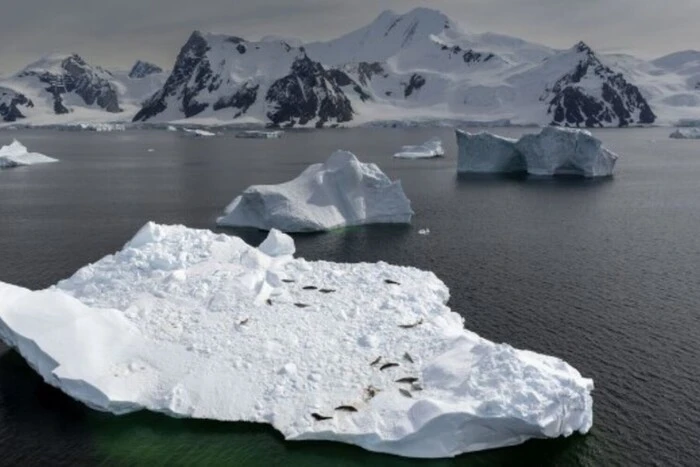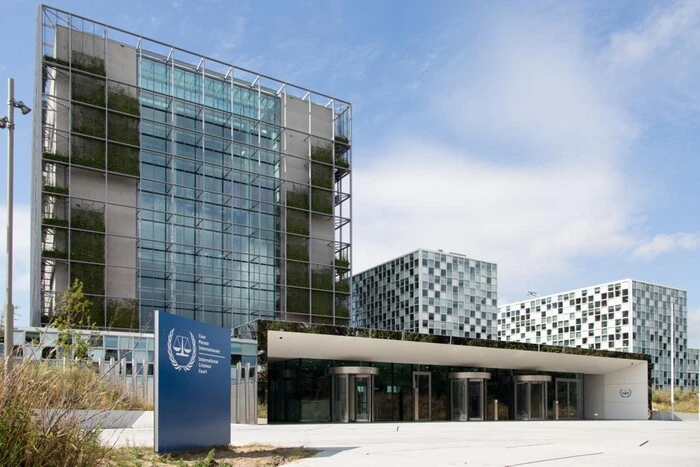Arctic seas could be completely free of ice by summer 2027.


The Arctic may melt earlier than expected - scientists
According to scientists from the USA and Sweden, Arctic sea ice may melt completely sooner than previously thought. Instead of the 2030s, new research suggests that this could happen as soon as nine years from now - after 2023 or possibly even in 2027.
A series of extreme weather events, such as an exceptionally warm autumn, Arctic winter, and spring, are expected to hinder ice formation and cause the melting of 2 million square kilometers of sea ice in a short period of Time. This may lead to the first ice-free day at the end of summer.
The melting of sea ice in the Arctic will have serious consequences for the region and the entire world. Sea ice plays a crucial role in maintaining stable temperatures in the Arctic, but the reduction in its volume will lead to increased heat absorption by the ocean, which will result in rising temperatures in the Arctic and globally. Furthermore, this could affect wind patterns and ocean currents, causing extreme weather events.
However, researchers note that reducing greenhouse gases could slow down the melting process. Therefore, the issue could be addressed by taking measures to reduce pollution and climate change.
The USA is concerned about the activities of Russia and China in the Arctic. They are monitoring the cooperation of these countries and their military activity in the region.
Read also
- There is even a children's prosecutor. The ambassador gave recommendations to parents of Ukrainian schoolchildren in Poland
- Kim Jong Un 'mourned' North Korean soldiers who died in the war against Ukraine
- Hundreds of thousands of Moscow agents: the ominous prediction of Nazariy Yaremchuk from his diary
- The ambassador revealed the 'scariest myth' about Ukrainian women, spread in Poland
- Traffic accident involving Ukrainians in Romania: Ministry of Foreign Affairs reveals details
- International Criminal Court Reports Cyberattack










